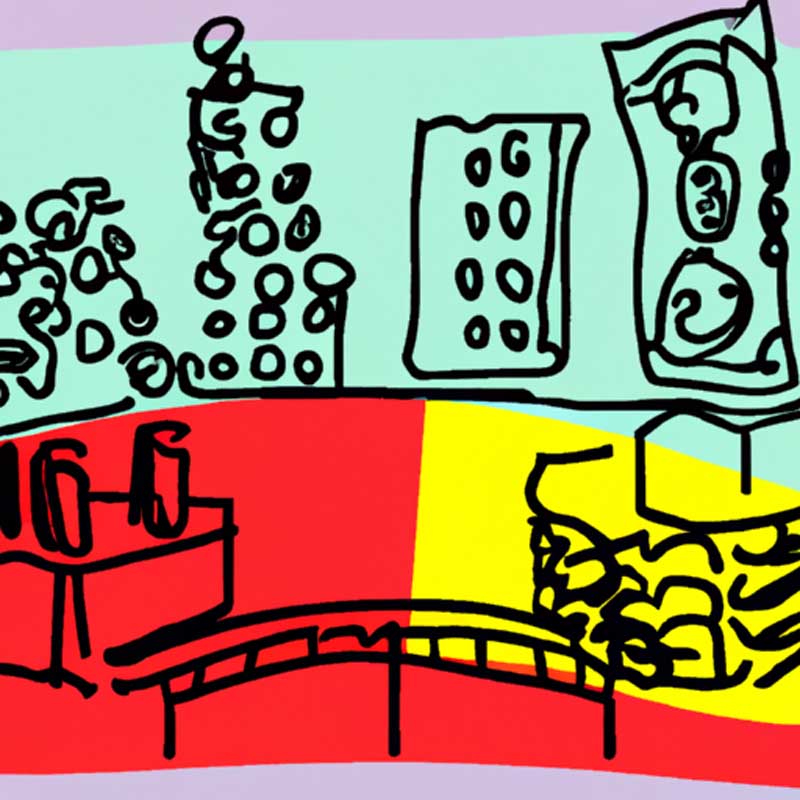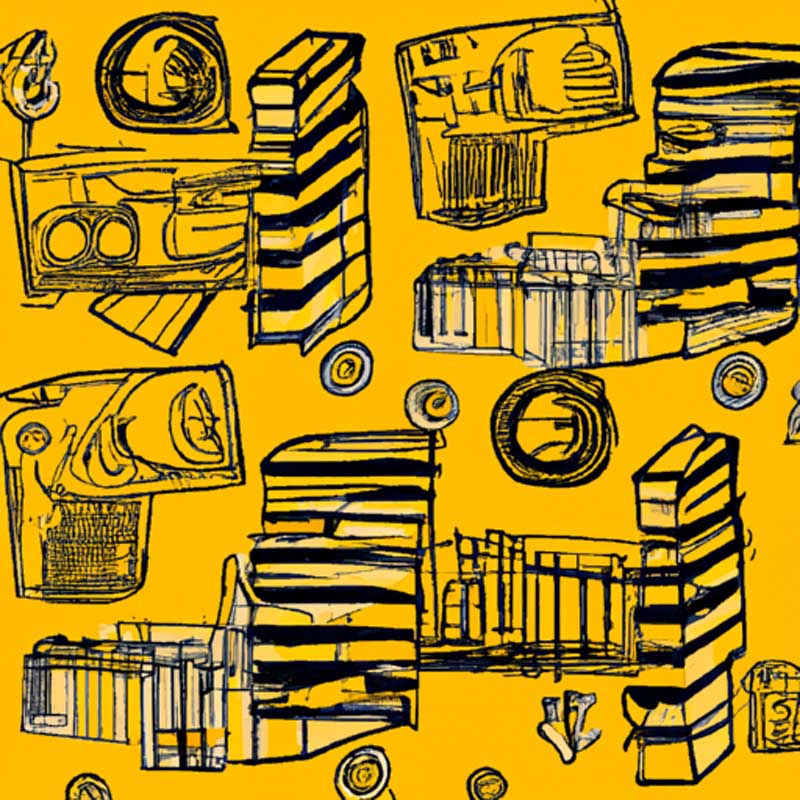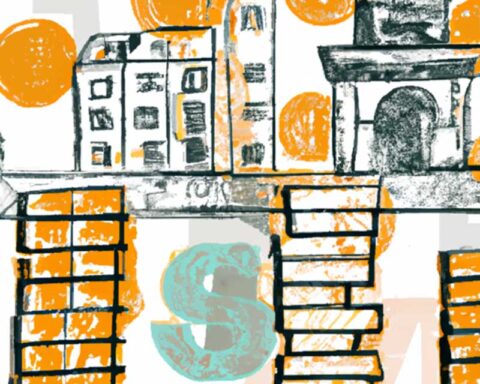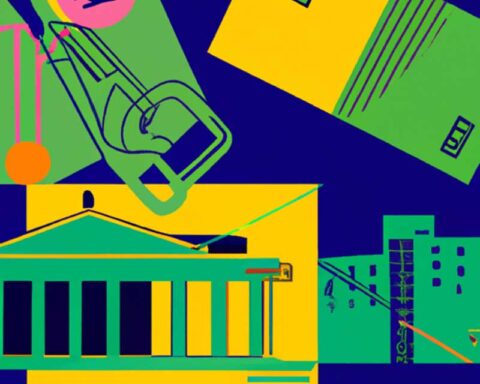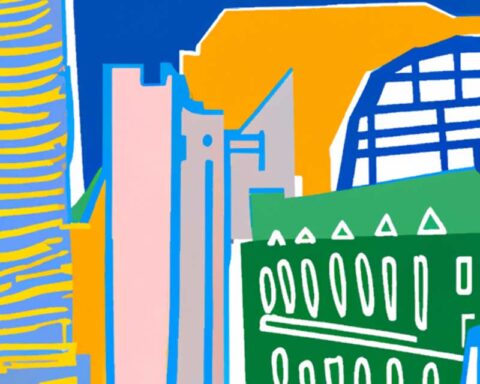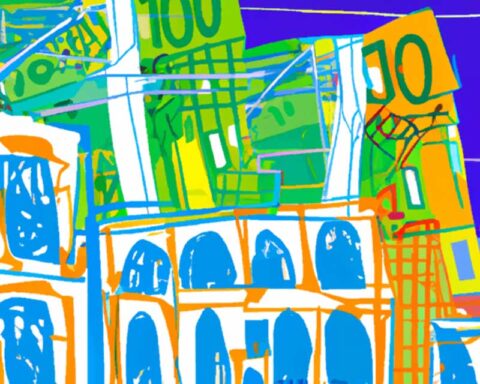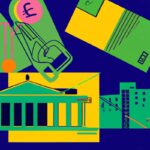TLDR:
No Spend January has gained momentum as a trend among consumers on social media platforms like TikTok. The concept is similar to Dry January, where individuals commit to not spending money on unnecessary items for the entire month. The hashtag has accumulated nearly 46 million views on TikTok, with users sharing tips and progress reports. Some people have reported significant success, paying off debt and establishing emergency funds. The rules for No Spend January can vary, but generally involve cutting back on non-essential bills, reducing grocery budgets, and avoiding purchases such as meals out, new clothes, and entertainment tickets. The trend is seen as a way to break the habit of unnecessary spending and establish better financial habits for the future.
The trend of No Spend January is gaining traction among consumers on social media platforms like TikTok. The concept is comparable to Dry January, where individuals commit to abstaining from alcohol for the entire month, but instead focuses on avoiding unnecessary purchases. The hashtag #NoSpendJanuary has garnered nearly 46 million views on TikTok, with users sharing their experiences, tips, and progress reports. Some individuals have seen significant success with the trend, using it as a means to pay off debt and establish emergency funds. One TikTok user claims to have paid off $8,000 in debt and expects to be debt-free by the end of the year after following the trend for two years.
The rules for No Spend January can vary from person to person, but generally involve cutting back on non-essential bills and purchases. Some individuals choose to eliminate streaming services or reduce their grocery budgets. Others take more extreme measures, such as emptying their pantries and avoiding grocery shopping altogether for the month. Common purchases that are prohibited during No Spend January include meals out, Starbucks runs, new clothing, and movie or concert tickets. However, some individuals may allocate a small budget for discretionary spending.
The trend is seen as a way to break the habit of unnecessary spending and establish better financial habits for the future. By taking a break from spending, individuals have an opportunity to reflect on their spending habits and consider what purchases are truly necessary. Some proponents of the trend believe that it helps break the cycle of seeking instant gratification through purchases and allows for more freedom in budgeting. No Spend January can create awareness around spending habits and encourage individuals to prioritize their financial goals.
